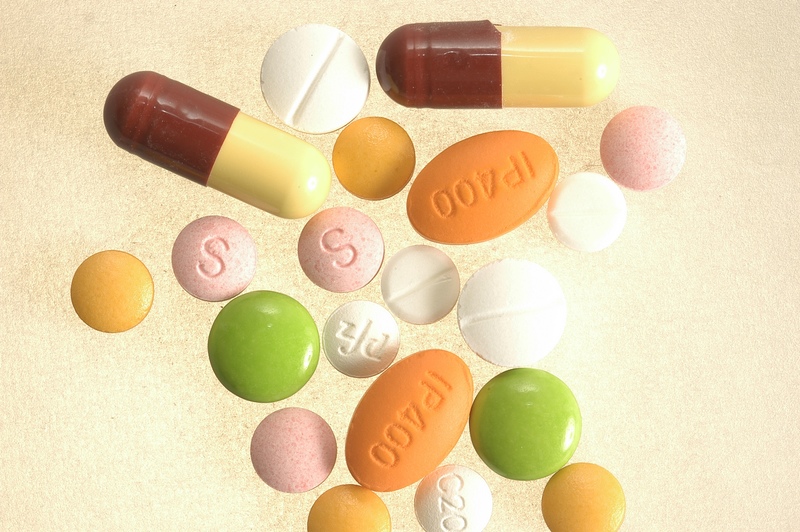
WEDNESDAY, July 13 (HealthDay News) — A new study finds that the power of the placebo effect left asthma patients thinking that real and fake drugs were doing the same level of good, even though the real medication actually had a much greater physical effect on their lungs.
The effect was so strong that it convinced patients they were breathing much better even if they hadn’t taken a real drug and hadn’t actually improved much, as measured by a breathing test.
“The placebo doesn’t change the actual breathing in asthma patients. But it changes people’s experience of what’s going on as much as a real drug does,” said study co-author Dr. Ted J. Kaptchuk, an associate professor of medicine at Harvard Medical School.
Kaptchuk has noted that the ritual of treatment itself is very powerful, and that in the study “it was apparent that the placebos were as effective as the active drug in making people feel better.”
As researchers have long known, you can give a sugar or dummy pill to someone and they often will feel better. Placebos don’t cure diseases such as cancer. But they can offer relief from pain, ease gastrointestinal disorders and lower a patient’s blood pressure, even though they don’t have any active ingredient other than whatever a patient chooses to believe.
The new study aims to find out how the effect of a real drug compares to a fake drug in two areas: the actual effect (in this case, on a patient’s ability to breathe) and the perceived effect.
The researchers studied 39 asthma patients who were randomly assigned to be treated with an albuterol asthma inhaler (a common treatment), a placebo inhaler and a sham (fake) acupuncture treatment (in which acupuncture needles are used but the clinician does not stimulate any known acupuncture points ). They also underwent sessions of being treated with nothing at all.
The patients were randomly exposed to each approach during several visits during which their ability to exhale was tested. The visits were three to seven days apart for a total of 12 interventions in all.
Overall, the albuterol inhaler improved exhaling by 20 percent. Each of the other approaches (including no treatment) improved it by just 7 percent overall.
So what did the patients think? Overall, they thought both inhalers (the real and fake ones) and the sham acupuncture improved their breathing by about the same amount (the albuterol inhaler by 50 percent, the fake inhaler by 45 percent, and the sham acupuncture by 46 percent). They thought doing nothing only improved it by 21 percent.
The research raises plenty of questions, said Dr. Len Horovitz, a pulmonary specialist at Lenox Hill Hospital in New York City. For one, he said, “how reliable are patients in terms of their subjective reporting of their symptoms? When a patient tells you that they feel better, and you think they really need more than what you’re doing, should you stop? It really calls into question what we’re doing, whether it’s good enough to help the patients feel better.”
The study authors had a similar view of the placebo effect. Due to the wide gap between asthma patients’ self-reports and their actual lung function, the researchers concluded that for optimal asthma care, health providers should test lung function rather than rely on patients’ self-assessments.
And in clinical trials in general, the authors added, “reliance solely on subjective outcomes may be inherently unreliable.”
The study appears in the July 14 issue of The New England Journal of Medicine. It was funded by the National Center for Complementary and Alternative Medicine.
More information
For more on the placebo effect, try the U.S. National Library of Medicine.

